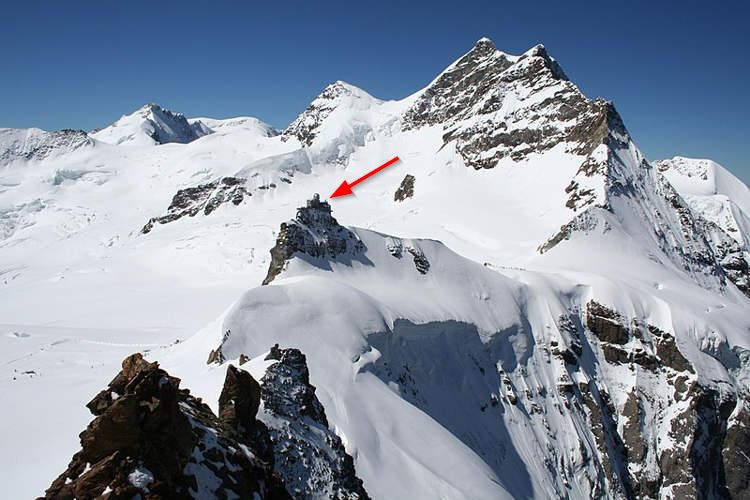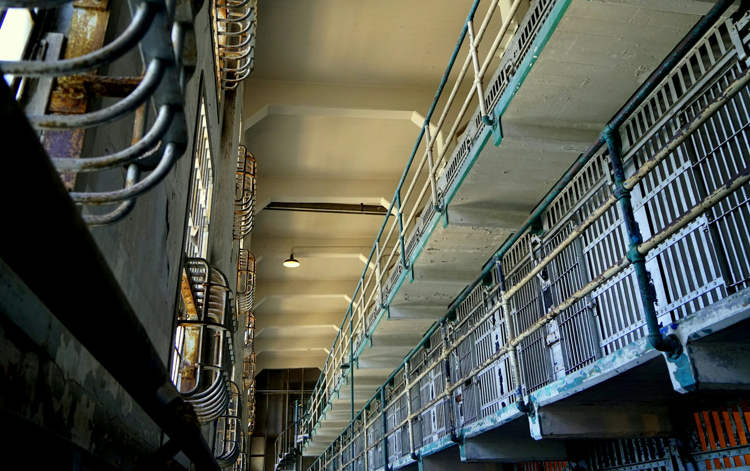High up in the Swiss Alps, at an altitude of almost 3,500 meters (11,332 feet), lies Jungfraujoch, Europe’s highest train station, a wonder of human engineering that has been around for over a century.
The train doesn’t seem like the best means of transportation when trying to climb a mountain, but the Swiss would beg to differ, and they have proof to back up their claims. At the end of the 19th century, they began work on a project unlike any other – the Jungfraubahn, a steep railway through the Bernese Alps all the way to the ‘top of Europe’. And, at the end of the Jungfraubahn railway, they built Jungfraujoch, a spectacular train station perched on a rock between the Jungfrau and Mönch mountains, both of which soar over 4,000 meters. Today, Jungfraujoch is officially recognized as the highest train station in Europe and is one of Switzerland’s most popular tourist attractions.

Photo: Pmau/Wikimedia Commons
Man first climbed the Jungfraujoch ‘saddle’ in the Bernese Alps in 1862, when an Anglo-Swiss group of climbers managed to reach it on foot. It was a historic achievement, and yet just a few decades later, Swiss industrialist Adolf Guyer-Zeller proposed plans to have a railway built all the way up to Jungfraujoch. Something like that had never been discussed before, let alone attempted, and yet the Government gave the Jungfraubahn project the green light. Over the next 16 years, hundreds of workers toiled away in the Alps, drilling through mountains and blowing tunnels up with dynamite. 30 people reportedly lost their lives during construction.
The Jungfraubahn looked impossible on paper, but in 1912, the railway was inaugurated, and it has been operating all year long ever since. Instead of following in the footsteps of the daring climbers who first conquered Jungfraujoch, people could now just ride the train for about 30 minutes to the highest train station in Europe to take in some of the world’s most amazing mountain vistas.
The impressive railway starts at Kleine Scheidegg, which stands at 2,060 meters above sea level and climbs for about 9.3 kilometers to an altitude of 3,454. The ride starts off in the open, but the train soon reaches a long tunnel blasted through the mountains over 100 years ago. Some sections of the tunnel have panoramic windows that allow passengers to admire the alpine paradise around them.
The train ride to the ‘top of Europe’ is impressive, but it is the Jungfraujoch train station at the top that many consider the highlight of the entire experience. The weather at 3,454 is unpredictable and it can change dramatically in a matter of minutes, but if you’re lucky to step out on the viewing platform on a clear day, you will be treated to mountain panorama unlike any other, with about 200 peaks visible in every direction.
A ride to the highest train station in Europe isn’t cheap (about $245), but it’s an experience unlike any other, so for most people the price is more than worth it.
Oh, and while we’re on the topic, here is the world’s highest ATM machine.






